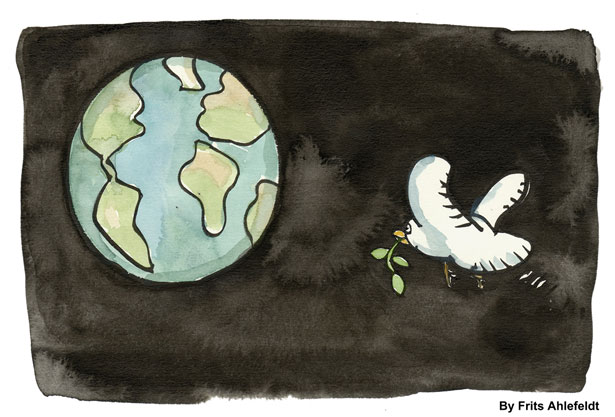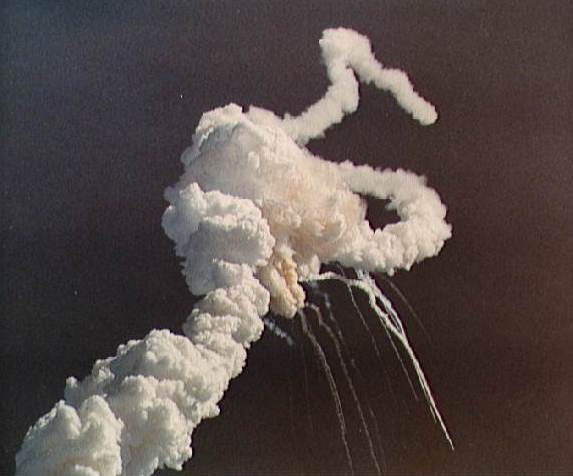A funny thing happened to me when I first heard of the SENS Foundation and their program to develop strategies that will make it possible to live indefinitely.
The day before, if you had asked me to take a free ride on NASA’s Space Shuttle I would have accepted with elation. But when I fully realized that I might live a thousand years (provided that I don’t die in an accident) I realized I would only want to go on a Russian Soyuz Spacecraft, which is far safer and has not had a fatal accident in 39 years. The Shuttle is reusable but its R & D budget was cut in half by President Nixon, so the final design did not get an emergency escape system. Given that there is a strong probability that I may live longer than originally anticipated, I feel my life is worth more now. Thus I am not willing to risk it as much as I used to because I have more to lose.
Does knowing that I could live much longer turn me into a coward?
The life of a child is, I think, widely assumed to be worth more than the life of an adult, and I presume this is at least partially because a child has a longer future to look forward to…
Well, to be honest I don’t really feel like a coward, but, for sure, I have become more responsible, since I now am of the opinion that my life is worth more.
Recklessness is defined as “a disregard for or indifference to the dangers of a situation or for the consequences of one’s actions.” Now I ask myself the question: Why have I become less reckless? Well, if you are making a decision to gamble in any situation the odds are not the only factor but also the amount that you are willing to bet on those odds. You would not be too worried to bet seven dollars to buy a lottery ticket to win a million dollars, but you would be less inclined to buy a lottery ticket worth 70 dollars to win a million dollars without the more expensive ticket having better odds then the 7 dollar ticket. If I go to space I would be gambling on the possibility that my life might be in danger with odds of 1/17 because so far historically one in seventeen astronauts have died on the job. This also makes me realize that, at least in my case, my life is now worth more, since I know it will likely be much longer than I originally thought.
If the thought that I would live longer is now making me more risk-averse, will this be also the case with a significant percentage of the population? Does it imply that when regenerative medicine becomes fully available to all it would be less likely for people to risk their lives in dangerous endeavors, not just in space travel but also in other things such as war. Without any doubt being a soldier is a very risky occupation for it increases immensely the odds of losing one’s life prematurely. When everyone can live for 1,000 years (or more) then many may not want to risk their lives for any cause or reason because of the greater value their life will be worth to them. Consequently the incentives to find peaceful outcomes to all forms of disagreements may become significantly higher. However, this would not apply to fundamentalist terrorists who do not have any doubt that after death they will have a more luxurious existence than anyone could ever have alive. Still it might provide a much added incentive for the rest of the world to defeat terrorism and achieve peace…
Can universally available regenerative medicine promote world peace? Or are we all just going to become cowards? 
About the Author: Kieran Griffith is a voluntary consultant to the SENS Foundation for developing medical techniques that extend lifespan indefinitely. He has degrees in psychology, the Humanities and Space Science and is planning a future career in the field of commercial spaceflight.
Related articles
- Can Terraforming Venus Be The Solution To Population Growth? (singularityblog.singularitysymposium.com)
















 Singularity Weblog is a journal of Nikola Danaylov's thoughts on trends, news, issues and people related to the
Singularity Weblog is a journal of Nikola Danaylov's thoughts on trends, news, issues and people related to the 